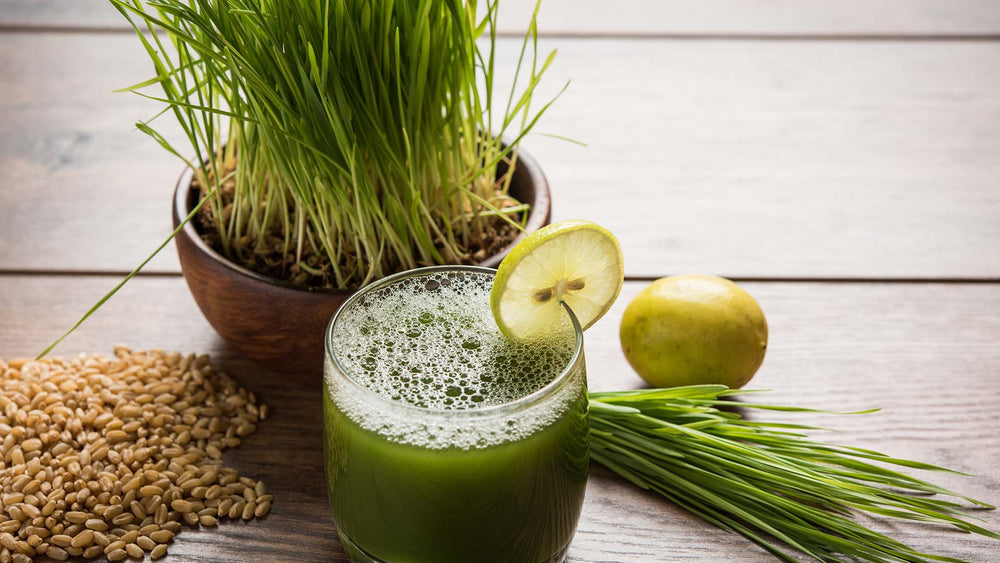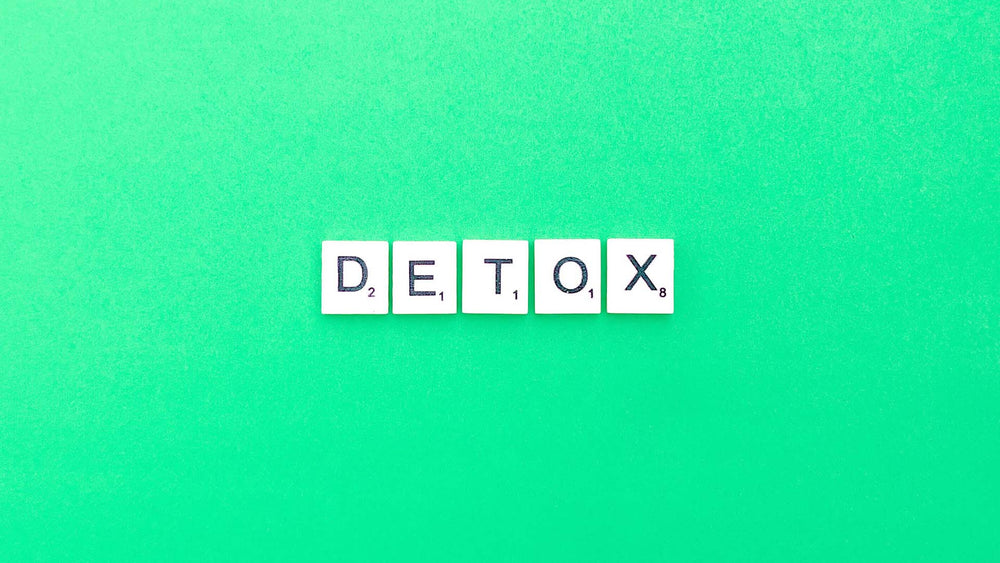Belligerent, greedy or selfish types may get a lot of attention, but they may not get it for long. Research indicates that good, kind, morally upright people lead longer, healthier lives than their vindictive or evil opposites.
This doesn't mean you have to be a “goodie-two shoes” to live a fruitful, happy life. We all have our emotional ups and downs and personality quirks, but people who focus on others, and on making the world a better place, fare better, physically and mentally, as they get older.
Good Vs. Evil
The battle between good and evil is as old as the human race. The way we perceive good vs evil (or kindness vs. selfishness, altruism vs. greed, etc.) in our own lives will help shape the quality and the length of our lives, according to scientific research.
The study How Social Relationships Influence The Human Death Rate, conducted by Yale University, John Hopkins University and The National Center for Health Services Research, looked at many behavioral factors affecting lifespan.
Church attendance (or overall spirituality), humanitarian leanings and kindness contribute to a long life. The opposite traits – selfishness, anger, and vindictiveness – ultimately lead to a shorter life.
Even if selfish, nasty people exercised, ate good food, and lead an otherwise healthy lifestyle, it didn't extend their lives. Constant anger and greed neutralized these positive traits.
Compassion and humanitarian deeds were also shown to have a positive effect on the immune system. During a Harvard study, participants watched a documentary film about a Western woman who aided the poor and disabled in India. Many of the viewers were visibly moved by the film.
Researchers collected and analyzed saliva samples from film viewers before and after the movie had ended. Saliva collected after the movie contained more immunoglobulin A, which defends the body against bacteria and viruses. A type of antibody molecule, immunoglobulin A guards the respiratory system from infection.
If just watching a film about compassion can improve your immune system, imagine how much healthier you'd be by performing good deeds. A little kindness can go a long way to making you – and others – feel better.
Do Mean People Really Get Ahead?
In pop culture, business and politics, we often see signs that bad guys get ahead and nice guys are left in the dust. Is this really true?
You probably know a few people who've succeeded in business or their personal lives by cheating, stealing, threatening others or being downright mean. But what happens to the mean girls (and guys) after they achieve their goals?
Some people never pay the price for their immorality through karma or the law, while others get their comeuppance. However, many selfish and greedy people do pay a subconscious price for their actions.
White-collar criminals suffer from insomnia, paranoia and are easily agitated. These problems can be attributed to a guilty conscience. Embezzlers and most white-collar thieves know what they've done is wrong on a subconscious level, and it can cause mental and emotional upset even before their deeds are uncovered.
Embezzlers and similar criminals have shorter life spans than people who don't commit white-collar crimes. Even if the individual appears cool and collected on the outside, underlying guilt causes mental agitation that can lead to heart disease and other life-threatening illnesses.
Conversely, some manipulative people worry a lot less than virtuous, moral people. (There are no hard and fast rules for how selfish or narcissistic people behave.) In the long run, being deceitful or mean drives people away and causes the immoral person to weave (or continue weaving) lies to maintain success. Sooner or later, the majority of mean or manipulative people are caught up in their own web.
Social Connections, a Good Attitude and Good Deeds Lead to a Longer Life
Since initial studies on the subject were conducted in the 1970s, researchers have found that people with a strong belief in good acts and deeds lived longer than selfish people with a tendency to take advantage of others.
Compassion isn't the only behavioral factor that contributes to a better lifespan. Strong social ties also factored into lifespan. Subjects with more friends, acquaintances and closer relationships with family members were found to live longer than those with few social connections. Research also found isolation and lack of close ties with friends and family reduces men's life span more than women's.
A University of Georgia study showed older adults who live alone visit their doctors more often for pain and chronic illness than elderly people who live with family or friends. Another study found that people under 60 who weren't married and lived alone were more likely to die than people of the same age who lived with a spouse or other family member.
Anger Drives People Away – and Shortens Your Lifespan
Disposition also affects longevity. Aggressive, argumentative or selfish people live shorter lives than friendly or kind people. Aging and immunology studies showed that cardio-arterial blockage and other immune system diseases worsen over time in people with antagonistic attitudes.
It's no surprise that people who are quick to anger and frequently hostile to others suffer from high blood pressure more often than calm and rational individuals.
Occasional anger is important to preserve mental health. It rids you of stress and frustration, preventing it from building up to a dangerous degree. Constant, daily anger - at the slightest provocation or at nothing – drives people away and cause you to make hasty, even harmful decisions.
Your anger may be negatively impacting your life if you experience the following situations:
- You avoid certain people or activities because they make you mad.
- Other people comment on your excessive anger
- Your relationships are strained. Other people may see you only when necessary or cut off contact completely.
- You find it hard to relax or have fun.
- The anger aggravates your high blood pressure or other existing chronic illnesses.
You Can Think Yourself Sick
Anxiety affects 18.1% of the U.S. population, with 22% of those cases classified as severe. These statistics only count those with diagnosed anxiety disorders. People who occasionally suffer from stress can also be adversely affected by it, both physically and mentally.
Constant worry and negative beliefs about your health or life in general can make your physically sick.
While some traditional beliefs and remedies can help you think positively and feel better, others have the opposite effect. A study cited in the Lancet called Psychology and Survival compared the death records of 30,000 Chinese Americans and 40,000 randomly selected Caucasians.
Researchers found that Chinese-Americans died earlier than the whites in the study (by as much as five years) if they had a birth year and disease combination thought to be ill-fated by traditional Chinese medicine and astrology.
Further study showed that the more closely a Chinese-American followed this belief, the earlier they died. Genetics, lifestyle and medical care did not show any evidence pointing to an early death for these individuals.
Could the study subjects' beliefs lead to their early deaths, even if they had no serious health conditions? It is certainly possible. People who strongly believe in an astrology chart or tarot reading predicting an early death might suffer the same fate. Cultures with a strong belief in voodoo experience a phenomenon known as voodoo death. A spell or ceremony might cause a tribe member to die from fear, not from the spell itself.
Be careful what you think about; it may come true.
Change Your Thoughts to Change Your Health
Changing your attitude can make you feel happier and achieve more, but it can also improve your physical health. Worrying about the symptoms you might have after reading WebMD or listening to a hypochondriac friend talk certainly won't make the symptoms go away or get better – that is, if you even have them.
Work towards being healthier every day by eating right, exercising and controlling stress. Don't depend on a medical doctor or naturopathic physician to do all the work for you. Be proactive about your health, and you won't have time to worry about real or imagined symptoms.
When you are sick, even with a chronic illness, avoid having a victim mentality. Strive to find new and better ways to deal with your symptoms. If you don't at least consider different methods to control or eliminate your condition, it will be much harder to get better.
Mindfulness and Meditation
Mindfulness (living in the moment) can help you whether you are ill or healthy. By concentrating fully on what is happening in the moment, you make your life better and more productive. Worrying about the future or reliving past problems will only destroy your peace of mind and lead to stress. And stress causes depression, anxiety and physical problems including high blood pressure.
Meditation and positive thinking also empower you to become healthier. You don't need to sit cross-legged on top of a mountain to meditate effectively. Simply sit in a quiet place for a few minutes a day, close your eyes and clear your mind. Acknowledge and dismiss extraneous thoughts as they come and go. That may sound impossible, but it will become easier the more you do it.
Meditation benefits your mental and physical health by:
- Reducing pain
- Boosting your immune system
- Decreasing stress and anxiety
- Making you more compassionate
- Increasing focus and concentration
- Improving your ability to make social connections
Those are just a few of the improvements you'll experience after regular meditation. Even skeptics will feel better after one session. Stress, anger and negative emotions fade away as meditation changes your brain for the better.
How to Be More Compassionate
Even the most self-absorbed individual can learn to be more compassionate to others. Unfortunately, many hot-headed, selfish types learn the lesson of compassion too late. After gambling away their wealth, losing friends and family, or suffering other great losses, then they become aware of the value of kindness, compassion – and self-discipline.
People can take the focus off themselves (and short-term gratification) by practicing mindfulness. Mindfulness keeps them in the present moment, and makes it easier to put the focus on the people around them, and on their own thoughts and feelings.
In the article, “How to Turn Your Brain from Anger to Compassion” in UC Berkeley's Greater Good Magazine, author Paul Gilbert states, “Life experiences can also diminish our ability to give and receive compassion.” He recommends mindfulness to patients who need to break out of an endless loop of anger and/or self-absorption.
Compassion Improves Your Business and Personal Relationships
At work and at home, kind, compassionate people are better-regarded than self-absorbed types – as long as they don't let others take advantage of that compassion.
An assertive but compassionate boss will foster a culture of creativity in the workplace. An “it's my way or the highway” supervisor makes employees resentful or fearful. Angry or scared employees won't turn in the best work, and are more likely to call in sick, quit or get fired. That's not good for company morale, and even competitors and customers will grow to dislike the “mean boss.”
Compassion makes you trustworthy in and out of the office. When others observe your kind or compassionate behavior, it reduces stress in the brain. This makes employees and friends feel safer. When people feel safe, they're more likely to be friendly, spontaneous and creative. According to psychologist Jonathan Haidt, that feeling of joy we get from seeing a compassionate act is called elevation.
Acting in a compassionate manner inspires those around you to be more compassionate; likewise, acting brusque and demanding around others will eventually cause them to act the same way towards you. You get what you give.
Eat a good diet, free from chemicals and preservatives, to improve your health and your compassion. When you feel energized from a healthy diet and exercise, you're less prone to experience anger, depression or anxiety.
Happy Girl Mood Enhancing Supplement from WheatgrassLove contains over 300 vitamins, minerals and amino acids from wheatgrass. Other healthy herbs including gotu kola, white willow, green tea extract and Siberian ginseng make this supplement an excellent choice if you want to boost your mood and focus naturally. Read more about the ingredients in Happy Girl on WheatgrassLove.com.
















